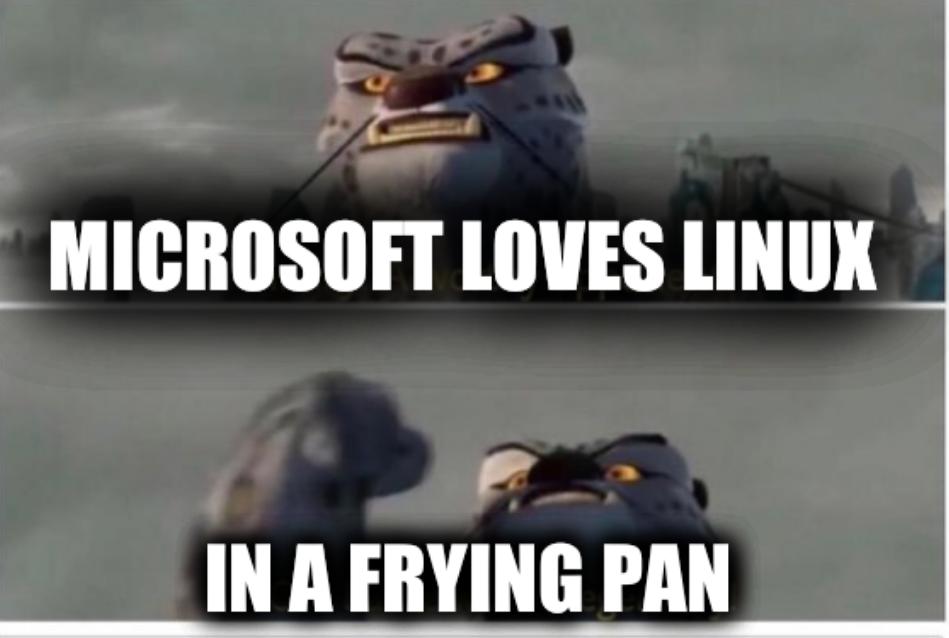

THE platform known as GNU/Linux, which turns 38 this year (don't believe the media when it says 30), is making huge gains in servers, small/portable devices, and even on desktops and laptops. If you aren't seeing it, that's because nobody really "markets" it; as GNU/Linux does not have an owner (or one single owner), the incentive to advertise this to "the unwashed mass" is rather low.
"In any event, in recent years we're seeing Windows losing grip on desktops and laptops."We've been watching this whole landscape for a very long time (I was introduced to GNU/Linux on desktops and laptops in the 1990s when I was in school, but it was rather difficult for adolescents to install back then). The adoption of the platform on servers was a lot faster than on desktops and laptops because servers are inherently different; many servers just deal with one single task, unlike desktops and laptops.
In any event, in recent years we're seeing Windows losing grip on desktops and laptops. We wrote many articles about this and we occasionally show the latest data. Of course Microsoft won't admit this, but who's expecting honesty from Microsoft anyway?
"It's clear that Microsoft does not love Linux; it is trying to stop Linux. It's paying the media to say the opposite of what's true."As of blurbs from this past weekend alone, there's escalation; with the failing WSLx Microsoft is now trying to hijack container images made for GNU/Linux, embedding them inside Vista 10 instead of the typical setup. Sure, it's not secure and performance sucks, but they're trying to pull this off somehow. Over the weekend several Microsoft boosters promoted it (no link, no names, we'd rather send them no traffic). But nobody else did. Just them, i.e. only Microsoft stenographers. Hijacking terms associated with Linux to promote Windows, formally helped this month by the Linux Foundation, isn't a novel tactic. These are very old tactics that Bill Gates was grilled about more than 2 decades ago.
We still study these strategic patterns, which are connected to the GPL violations hub known as GitHub (Microsoft is trying to make copyleft enforcement a lot harder). One disturbing pattern is, "Linux is Windows" (creating confusion) or "no need to move away from Windows, we've got it all right here..."
It's clear that Microsoft does not love Linux; it is trying to stop Linux. It's paying the media to say the opposite of what's true.
Watch this space and we'll have lots more to say and write about what Microsoft is doing to undermine GNU/Linux. ⬆